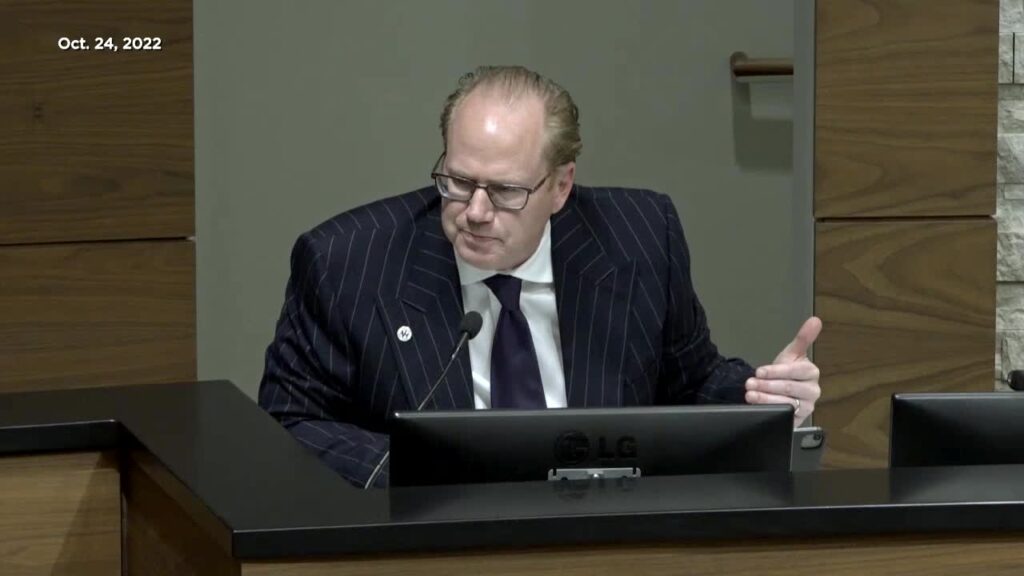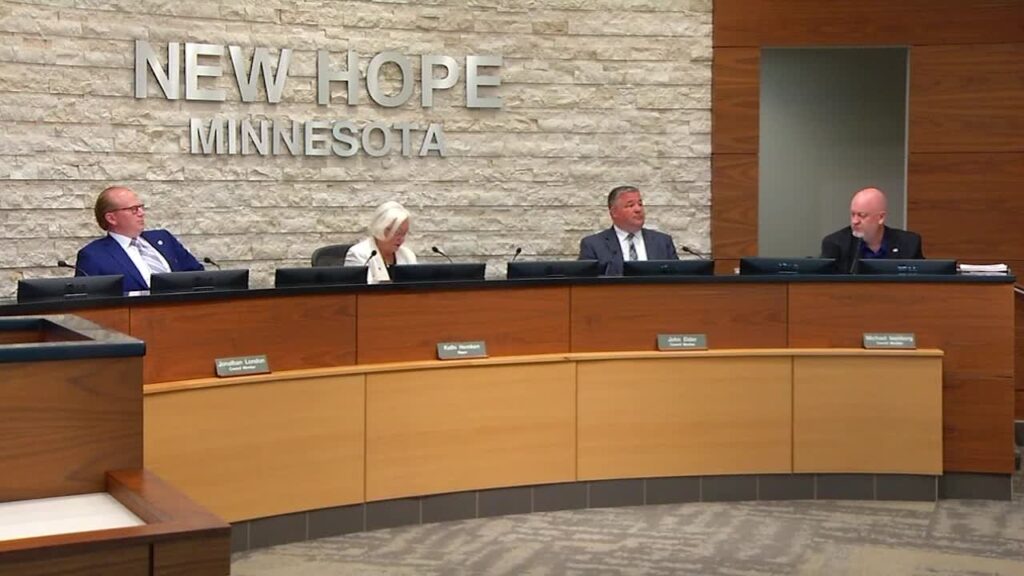New state law closes ‘loophole’ that allowed Minnesota city to shut down group homes
Group homes serving people with disabilities in Minnesota are now exempt from local rental licensing regulations, after a change in state law.
A bill signed by Governor Tim Walz carves out state-licensed care facilities with six or fewer residents from rental licensing regulations that are imposed by local governments.
Lawmakers and disability advocates say the new law closes a “loophole” that 5 INVESTIGATES exposed after a Twins Cities suburb used the ordinance to shut down two group homes.

In 2022, officials in the City of New Hope voted to revoke the rental licenses of two small, assisted living facilities over “disorderly behavior” violations, even though they were regulated by the Minnesota Department of Human Services (DHS).
The decision forced the provider to close the group homes, which at the time were serving nearly a dozen people with disabilities and diagnosed mental health disorders.
The city defended the decision, saying the revocations were necessary to protect the residents and neighbors.
But in the aftermath of the closures, lawmakers, disability advocates and housing experts said the tactic sets a dangerous precedent and could leave more vulnerable adults without services or housing.
RELATED: Lawmakers worry New Hope’s decision to shut down group homes is ‘slippery slope’
They also pointed to comments made by New Hope City Council Member Jonathan London, who publicly questioned whether those facilities should be allowed to operate in the community.
“There was a time when some people, they were put in non-residential settings, right? Somewhere… like a hospital, where they could be better taken care of. The state legislature needs to get back to that. They need to realize not everyone can live next door, in a residential setting.”
New Hope City Council member Jonathan London, October 2022

At the time, Stacy Roe was serving as president of ARRM, a nonprofit that represents nearly 200 providers who care for people with disabilities.
“I think my gut reaction was like, ‘Wow, this is wrong. We need to do something about this,’” she said during an interview earlier this month.
The bill
Last summer, lawmakers discussed building protections into state statute that would require cities to notify state agencies if they were taking action against a group home’s rental license.
But the law change, which went into effect in May, goes a step further by removing altogether what some call a redundant layer of red tape.
Josh Berg, who works for Accessible Space, a nonprofit that provides housing to people with disabilities in Minnesota, said these facilities are already required to follow robust regulations from the state and county.
“It takes that one level of bureaucracy off of the setting itself but keeps all of the safeguards and the protections in place,” he said.
Concerns over ‘local control’
During the legislative session, the bill garnered opposition from the League of Minnesota Cities, who were concerned about the loss of local control.
“Cities are generally the closest unit of government to the resident, and through rental licensure cities are often able to respond more quickly to address issues and concerns from residents,” representatives of LMC wrote in a letter to lawmakers.
Berg, who also serves on the Elko-New Market City Council, said he appreciates that position, but disagrees that taking control away from cities will have a negative impact.
“Local governments will be able to focus on and prioritize other things that they know others already taken care of,” he said.
Berg also pointed to cities he found that already exempt group homes and other congregate living settings from rental license regulations.
“We have some really good examples of cities that are doing really well with these exemptions in place,” he said. “We can create templates and tools and ways for cities to transition out of this.”
Continued pushback
Some cities are already making changes.
On Monday, the New Hope City Council voted to revise its rental licensing ordinance to comply with the new state law.

Jeff Sargent, the director of community development, said the change impacts 61 group homes operating in the city that will no longer have to apply for a rental license.
The council voted to approve the ordinance 3 to 1. The lone dissenting vote came from Council Member Jonathan London, who told his colleagues he voted “no” to send a message.
“There’s nothing we can do,” he said. “It’s already passed.”
London went on to criticize advocates and lawmakers who supported the bill.
“I watched the hearing, and they said, ‘Oh, we have to strip away the city’s rights the revoke the license because it might hurt our business,’” he said after the vote. “And those legislators fell in line and they said, ‘Oh yeah, this will be great. We’ll help out those that are in most need.’”
Roe argues the legislation does help those most in need.
“This provides a sense of security, at least for now, that if somebody needs to call 911, or if something is happening, that people aren’t going to lose their housing,” she said.